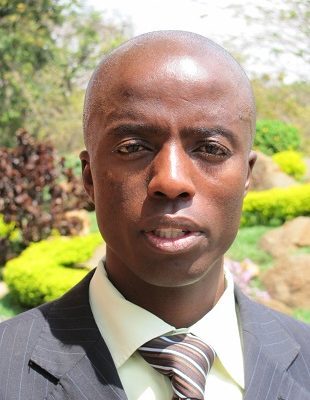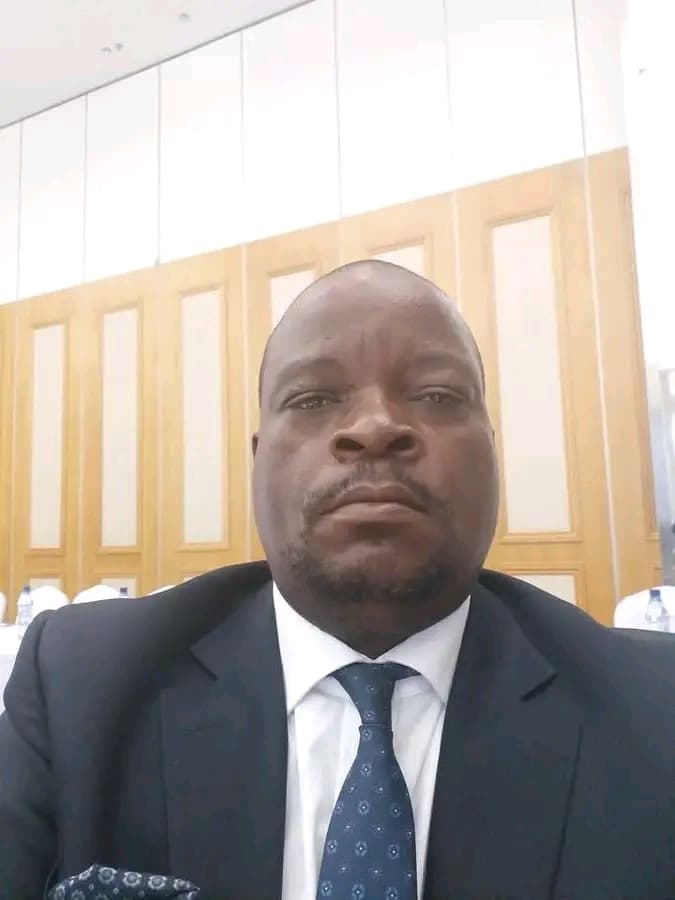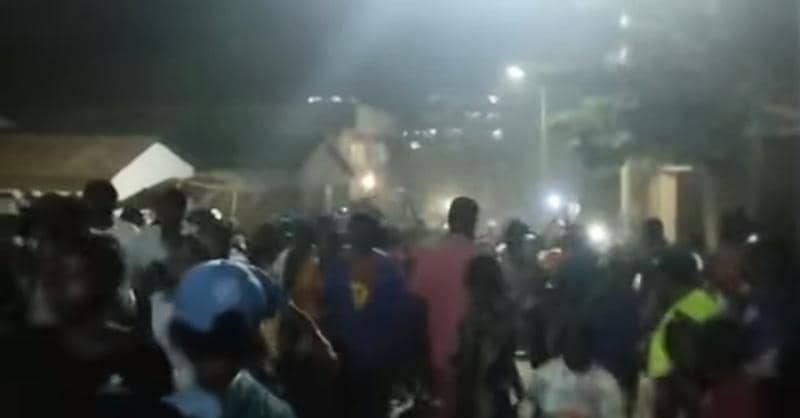By Burnett Munthali
Amid intensifying public outcry for Dr. Anabel Mtalimanja’s resignation as Chairperson of the Malawi Electoral Commission (MEC), Maravi Post reached out to MEC spokesperson Sangwani Mwafulirwa for an exclusive interview. However, rather than addressing the concerns directly, Mwafulirwa remained evasive, diverting from the central questions and critiquing the journalistic approach instead.
In recent weeks, a group of concerned citizens issued an open letter demanding Dr. Mtalimanja’s immediate resignation. The letter cites issues of political bias, leadership style, and costly procurement choices—all of which, they argue, undermine MEC’s credibility. Yet, when Mwafulirwa was asked about MEC’s response to these allegations, he repeatedly dismissed the questions, offering only a curt “no comment.” This reluctance to engage suggests a defensive stance that could further damage public confidence in MEC’s leadership.
One of the public’s primary concerns is Dr. Mtalimanja’s alleged affiliation with the Malawi Congress Party (MCP), with some speculating that her family ties could influence MEC’s impartiality. When asked directly, Mwafulirwa opted not to comment, leaving Malawians to draw their own conclusions on MEC’s commitment to neutrality. By sidestepping the issue, MEC misses an opportunity to reaffirm its neutrality and reassure the public that their electoral process remains fair.
Concerns over Dr. Mtalimanja’s leadership approach were also brought forward. Many stakeholders feel sidelined, sensing an arrogance in how MEC handles public feedback. When questioned on how MEC plans to rebuild stakeholder trust, Mwafulirwa deflected once again, suggesting that Maravi Post should have “sought proof” from the letter’s authors rather than pressing MEC for answers. This refusal to address the matter only adds to the perception that MEC is not taking these concerns seriously, which may further erode public confidence as Malawi heads toward its next election.
A major issue among the public is MEC’s decision to procure Smartmatic voting machines—a move criticized for being costly and potentially less transparent. Mwafulirwa offered no clarification, instead challenging the framing of Maravi Post’s question. With no explanation on MEC’s procurement choices or transparency plans, the public is left wondering whether MEC can ensure a fair and accountable election.
In addition to Dr. Mtalimanja’s resignation, some citizens have suggested reinstating Dr. Chifundo Kachale, a former MEC chair known for his transparency and leadership during prior elections. Once again, Mwafulirwa offered no insight into the possibility of Dr. Kachale’s return, suggesting instead that Maravi Post look into the motives behind the public’s request.
As Malawi looks toward upcoming elections, questions about MEC’s transparency and commitment to fairness become ever more critical. When asked what steps MEC would take to guarantee a fair election, Mwafulirwa declined to provide any concrete assurances. This lack of response leaves many Malawians with lingering doubts about whether the commission can maintain the democratic principles expected of an electoral body.
Given the widespread skepticism, Maravi Post asked whether MEC had any plans to reach out to critics and foster unity before the elections. Mwafulirwa provided no comment, nor did he respond to questions about the possibility of a public meeting between MEC representatives and concerned citizens. Without any plan to address these grievances openly, MEC risks alienating itself further from the public it serves.
Despite persistent questioning, Mwafulirwa’s responses consistently deflected from the heart of the matter, leaving critical questions unanswered. His emphasis on discouraging direct engagement with Dr. Mtalimanja and insisting he speak on her behalf only adds to the impression that MEC is unwilling to face public scrutiny.
In conclusion, this interview has highlighted a pressing issue: MEC’s apparent reluctance to engage in open, transparent dialogue with the citizens it represents. As the country prepares for a new election cycle, MEC’s defensiveness risks eroding public trust further, with transparency and accountability now more critical than ever. This episode reinforces the need for MEC to foster a transparent and responsive approach to governance to restore faith in Malawi’s democratic process.
The road ahead is challenging, but without proactive engagement and sincere transparency, MEC may find itself further distanced from the public’s expectations. Only through genuine dialogue and a commitment to fairness can MEC begin to rebuild its credibility and ensure a robust electoral process for the future.




